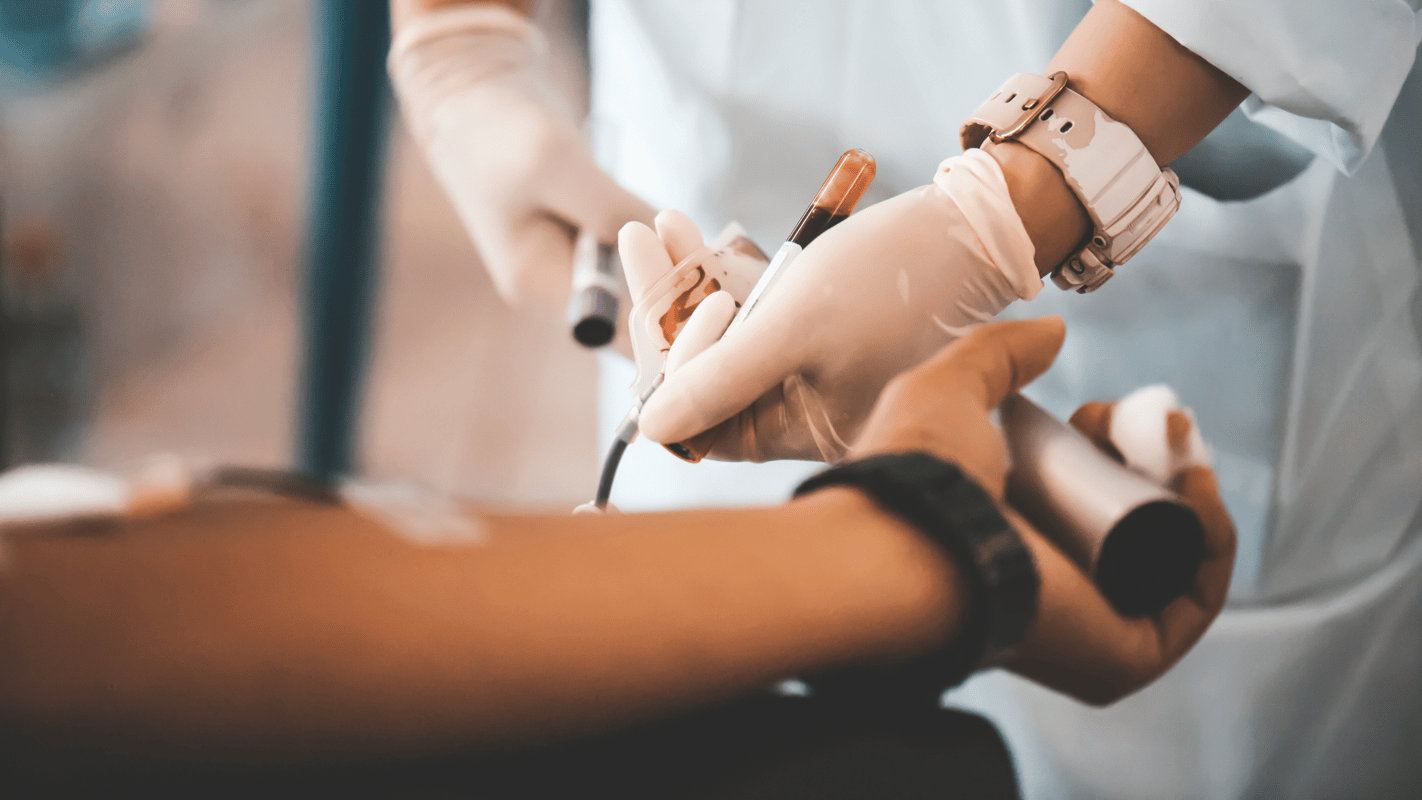How to Become a Phlebotomist in Minnesota

What is Phlebotomy?
Phlebotomists are healthcare professionals responsible for drawing blood from patients for various medical tests, transfusions, or donations. Their primary responsibilities include selecting the appropriate equipment, properly identifying patients, and safely collecting blood samples.
How do I get my Phlebotomy certification?
After completing a phlebotomy training program, you will need to pass a national certification exam, such as the one offered by the National Phlebotomy Association or the American Society of Phlebotomy Technicians, to obtain your phlebotomy certification.
How do I get a job as a Phlebotomy?
To secure a job as a phlebotomist, you can search for openings at local hospitals, clinics, laboratories, or blood donation centers. Many employers prefer to hire candidates with a valid phlebotomy certification or license.
Career Paths and Opportunities after Becoming a Phlebotomy
With a phlebotomy certification, you can explore various career paths, such as working as a phlebotomist in a hospital or clinic, or advancing into roles like a phlebotomy supervisor or a phlebotomy instructor.
Final Thoughts
Becoming a phlebotomist in Minnesota can be a rewarding career path, as you'll play a vital role in the healthcare system by collecting blood samples and assisting in various medical procedures. By completing the necessary training and certification requirements, you can start your journey towards a fulfilling career as a phlebotomist.
If you're thinking of a new career path, Dreambound offers in-depth guides to understand various job choices:

Athena is Co-founder and CEO of Dreambound.




